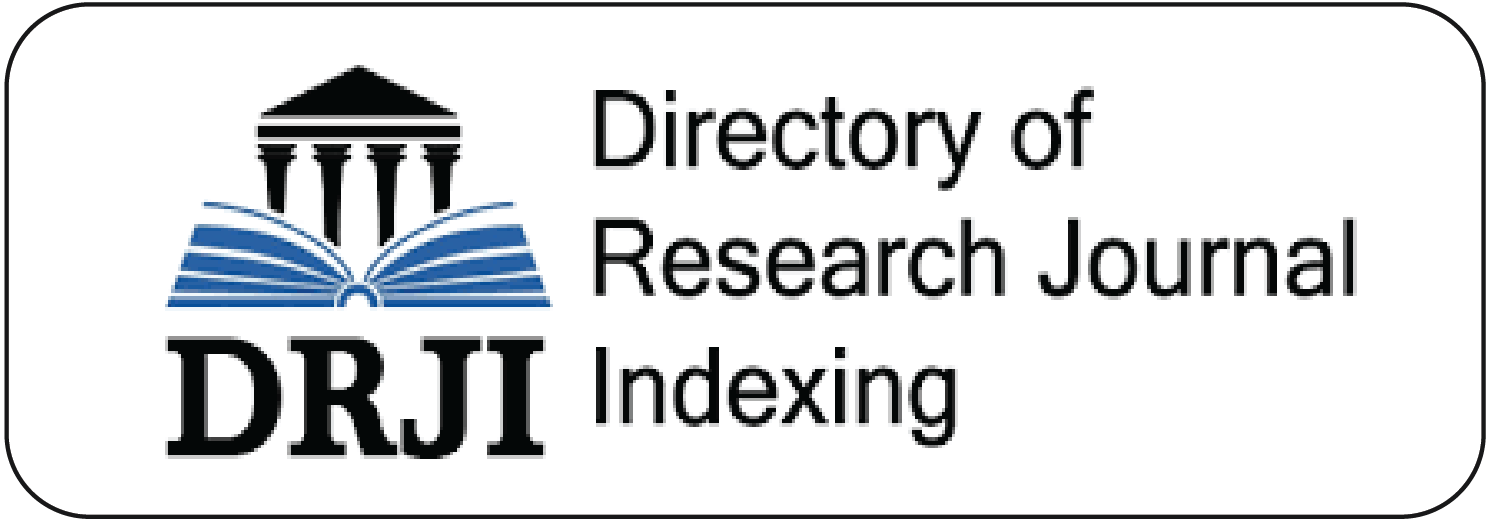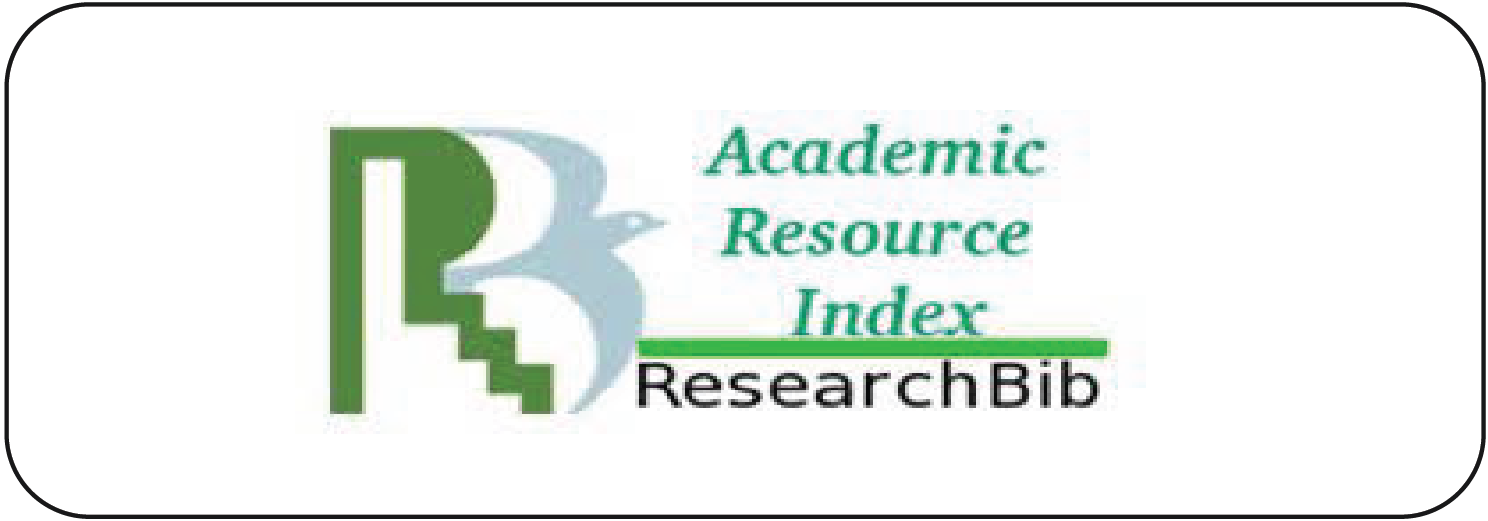The Spiritual, Social, and Economic Impacts of Zakat on Its Payers: A Qualitative Study in The Eastern Province of Sri Lanka
DOI:
https://doi.org/10.51377/azjaf.vol6no2.222Keywords:
Zakat, Sadhaqa, Zakat payer, Sri Lanka, Mustahiq, Zakat institutionsAbstract
Zakat is considered to be the most essential Islamic obligation after prayer. Daily Prayer (Satat) is an obligation that connects a person with Allah; Zakat connects a person to others. Zakat aims to distribute income among people, create economic balance, and protect humanity. This study seeks to answer the research question of how Zakat impacts givers' spiritual, social, and financial aspects. A qualitative research method was chosen, and primary and secondary data were collected for the study. Interviews and observation were used to collect primary data, which was analysed using a thematic analysis approach. Secondary data were obtained from the annual financial reports of Zakat institutions and analysed using a statistical analysis approach. This study has found that Zakat has a significant impact on the spiritual, social, and economic aspects of those who have been giving Zakat consistently without any negligence. To confirm the result, secondary data analysis reveals that the Zakat payments of givers have increased over the years. The study concludes that the wealth of those who calculate and give Zakat properly grows annually, and their spiritual, social, and economic aspects are gradually enhancing. This study, which was conducted only in the Eastern Province, is a recommendation and research limitation that should be carried out in all provinces of Sri Lanka, country-wide.
Downloads
Downloads
Published
How to Cite
Issue
Section
License
Copyright (c) 2025 Raseethu Mohamed Kasjin, Mohamed Haniffa Mohamed Nairoos

This work is licensed under a Creative Commons Attribution-NonCommercial-NoDerivatives 4.0 International License.





















